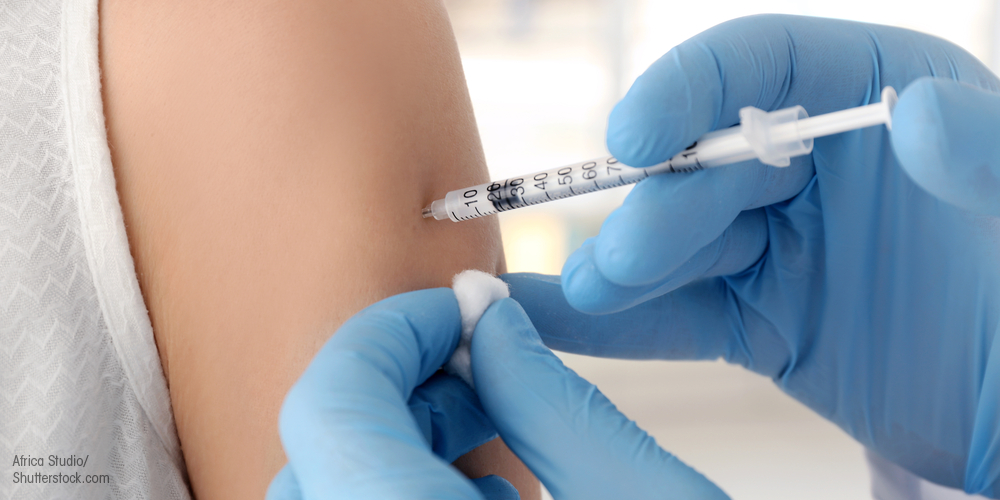- Safety & Recalls
- Regulatory Updates
- Drug Coverage
- COPD
- Cardiovascular
- Obstetrics-Gynecology & Women's Health
- Ophthalmology
- Clinical Pharmacology
- Pediatrics
- Urology
- Pharmacy
- Idiopathic Pulmonary Fibrosis
- Diabetes and Endocrinology
- Allergy, Immunology, and ENT
- Musculoskeletal/Rheumatology
- Respiratory
- Psychiatry and Behavioral Health
- Dermatology
- Oncology
HyQvia Receives Expanded FDA Approval for Pediatric Primary Immunodeficiency
HyQvia is the first FDA-approved treatment for primary immunodeficiency (PI) available as a once-a-month subcutaneous injection. Other treatments for PI, while similarly effective, present a greater burden to patients, often requiring more frequent injections or more invasive routes of administration
HyQvia is the first FDA-approved treatment for PI available as a once-a-month subcutaneous injection for children 2-16 years old.
© stock.adobe.com

The FDA has recently expanded approval for HyQvia (Human Immune Globulin Infusion 10% with Recombinant Human Hyaluronidase; Takeda) to be used in children aged 2-16 with primary immunodeficiency (PI).
PI is an umbrella term that describes a group of approximately 400 medical conditions resulting in a weakened immune system and difficulty fighting infections. With PI, a specific component of the immune system is either missing or not functional. People with this condition experience frequent, severe infection-related illnesses; this is particularly true in children.
HyQvia is the first FDA-approved treatment for PI available as a once-a-month subcutaneous injection. Other treatments for PI, while similarly effective, present a greater burden to patients, often requiring more frequent injections or more invasive routes of administration. In this way, HyQvia approval may provide a great relief to patients and their families.
“The approval of this new PI treatment for children 2 to 16 years old offers an alternative for health care providers and families who might prefer a less frequent treatment option that can be administered subcutaneously at home, after appropriate training, or in an infusion center,” said president and CEO of the Immune Deficiency Foundation Jorey Berry in a press release from Takeda.
HyQvia received approval after data from a pivotal Phase III trial demonstrated the treatment to be equally effective in children aged 2-16 with PI as it is in adult patients, limiting serious infections to less than one per patient per year. Similarly, the rate of total infections, 3.20 per patient per year, was consistent with results seen in HyQvia trials for approval in adults with PI. Importantly, no additional or unexpected side effects or toxicities were observed in this trial, proving HyQvia to be safe, as well.
HyQvia runs about $230 per gram of product, based on the wholesaler acquisition costs. Actual patient costs will vary depending on a number of factors, such as insurance coverage. Further, recommended dosing guidelines depend on patient weight and previous treatments—and may factor into the cost. For example, for an 8-year-old patient weighing 25 kilograms (about 55 pounds) with a history of receiving immune globulin infusions, the recommended dose is 5 grams. One 5-gram kit of HyQvia costs ~$1,166.
HyQvia carries a boxed warning for the serious risk of blood clots. Common adverse effects include injection site reactions, headache, fatigue, nausea, fever, and vomiting
FDA Issues Complete Response Letter for Pz-Cel to Treat Epidermolysis Bullosa
April 22nd 2024Prademagene zamikeracel is a cell therapy designed to incorporate the functional collagen-producing COL7A1 gene into a patient’s own skin cells. The FDA is asking for additional information on manufacturing practices.
